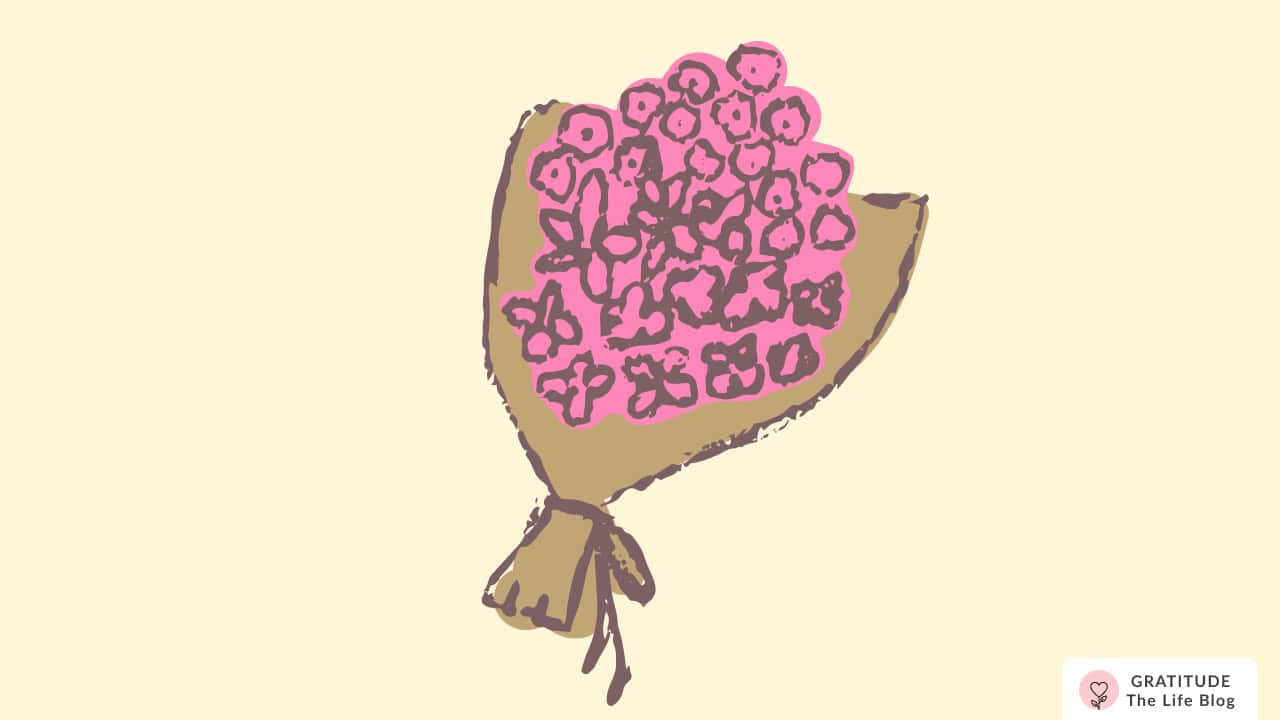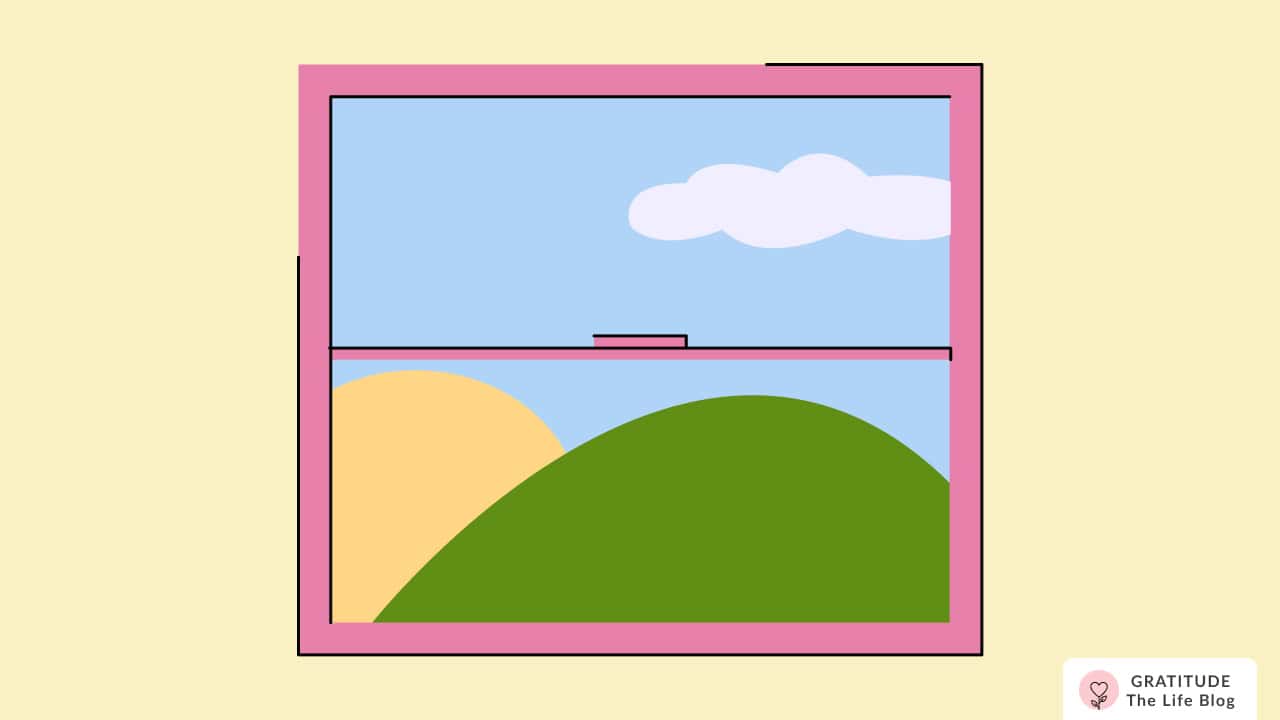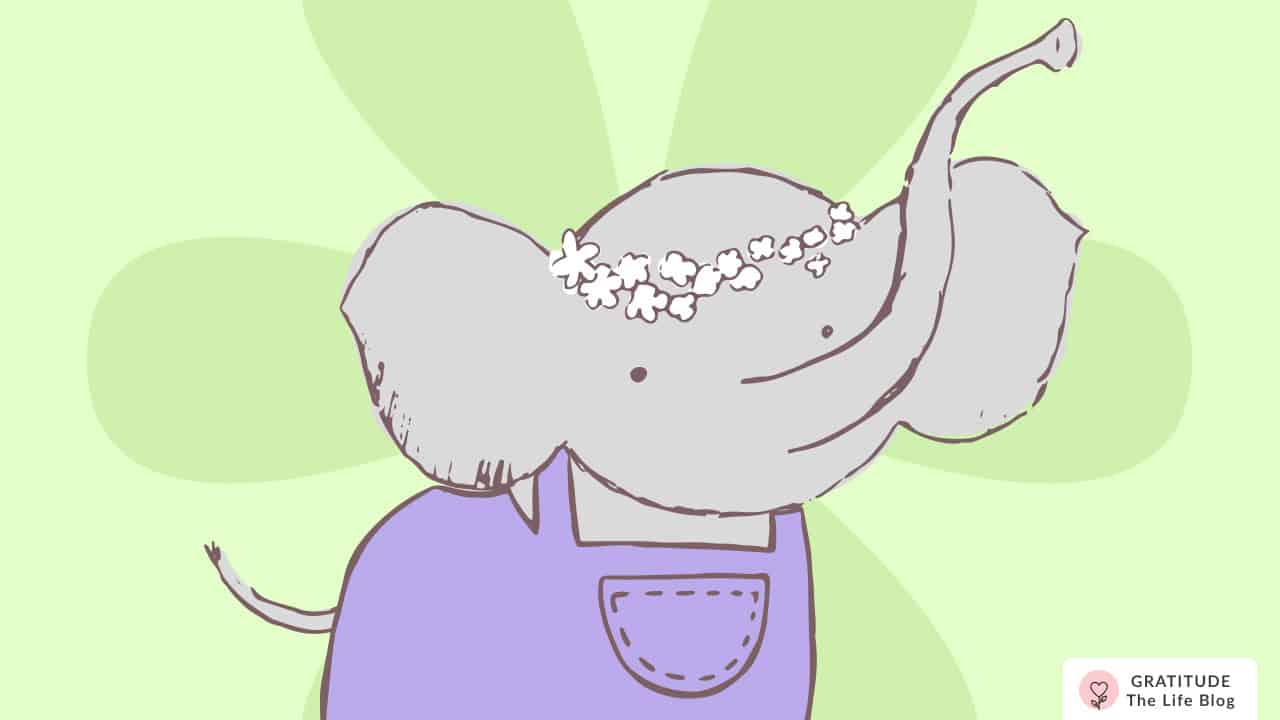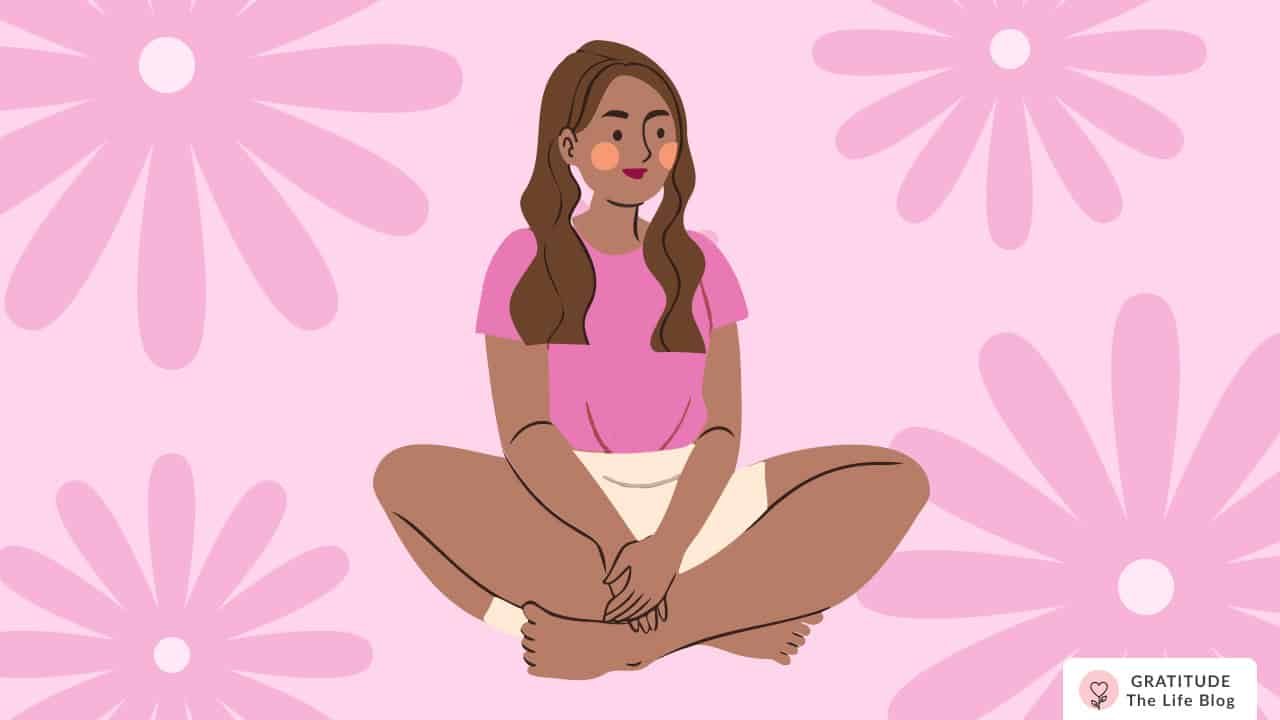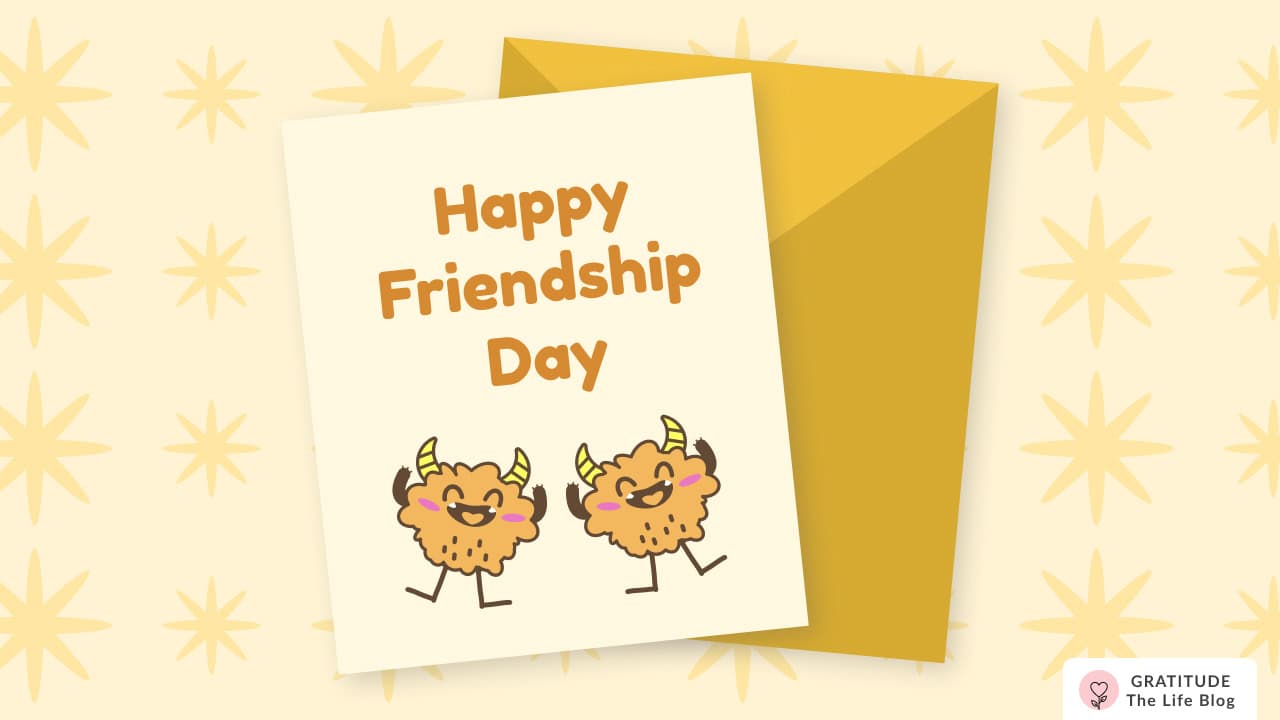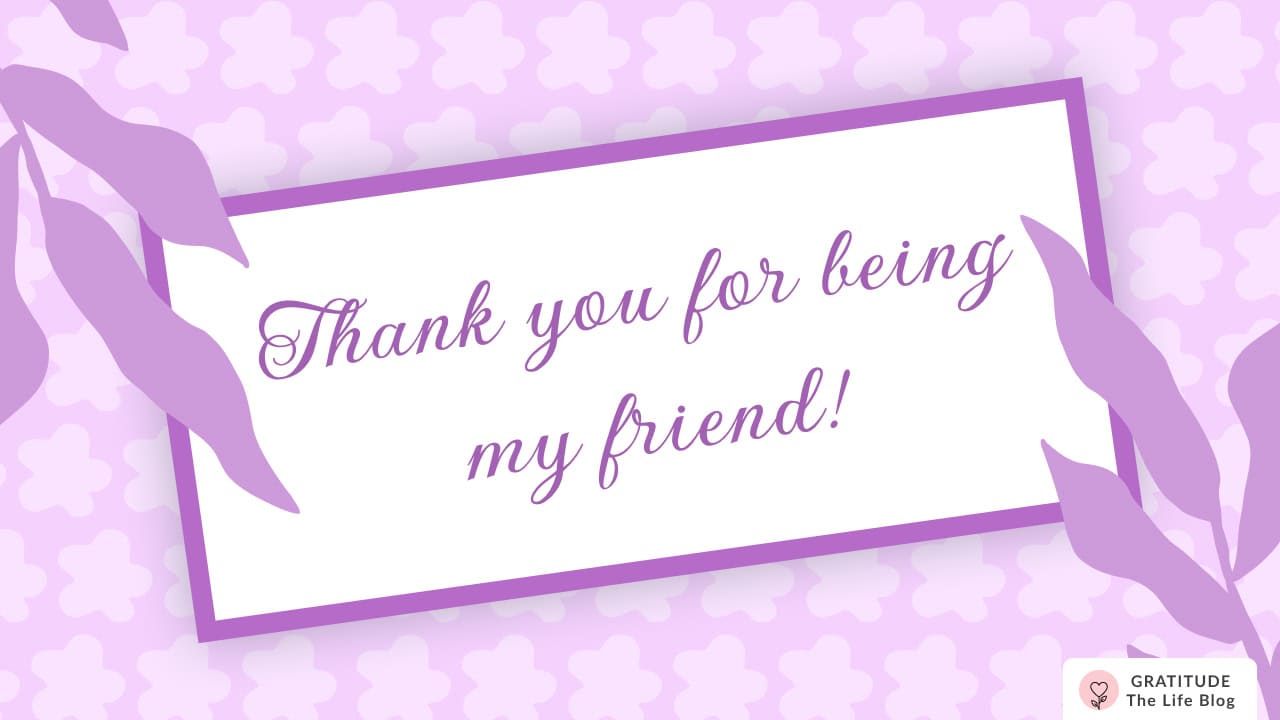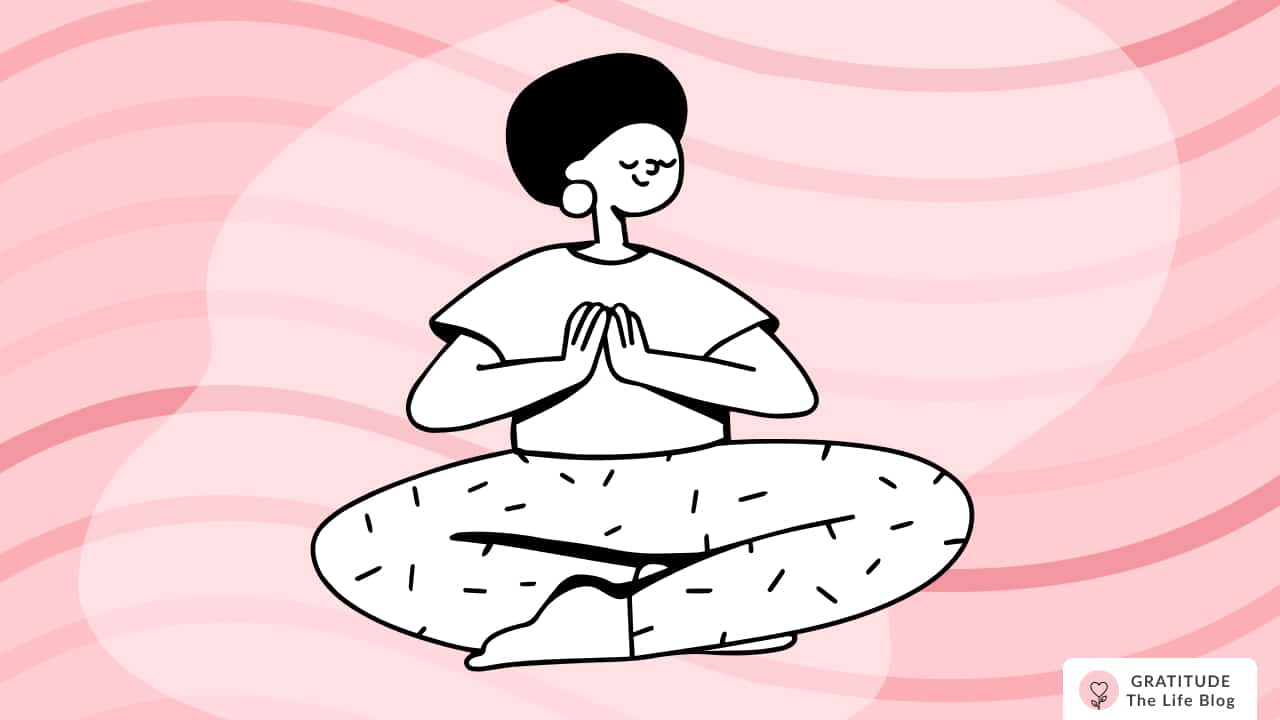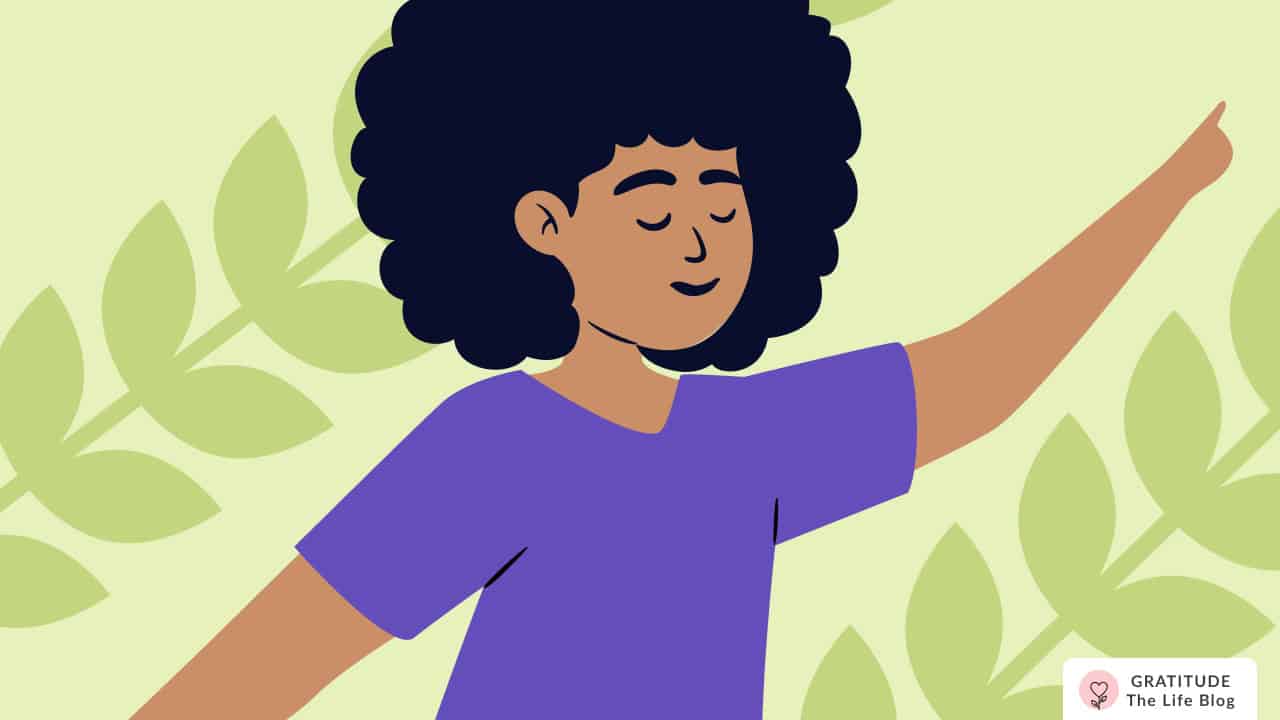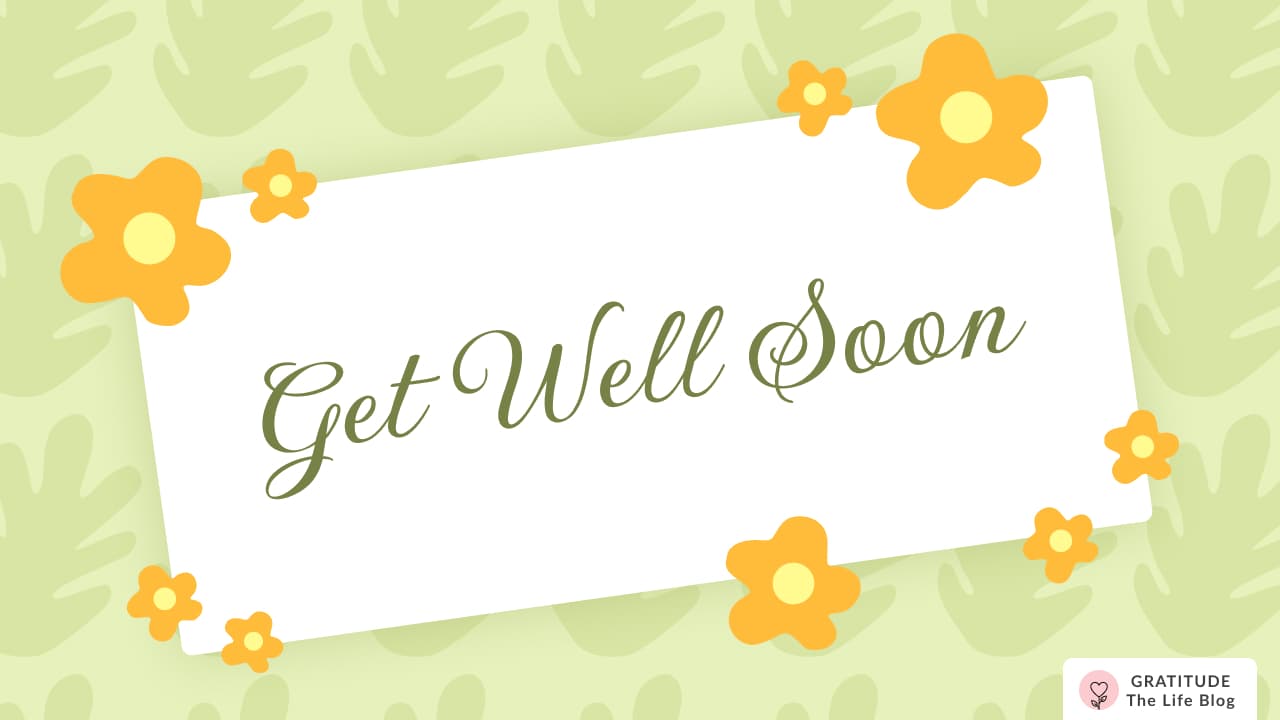3 Simple Tips to Beat All or Nothing Thinking
Here are 3 tips to help you overcome all or nothing thinking and live a more present life.

While researching on all or nothing thinking, I read that it is a type of cognitive distortion in which a person instead of being able to accurately assess a situation, especially a somewhat negative one, sees things in terms that are much more stark (Psychology Today).
It’s thinking in extremes. Something is either the best or the worst, everything or nothing, never or forever. As I read about it, I realized how many times I exercise it and don’t recognize it as something that I need to work upon.
Before we go into solving it, let’s read a few examples of all-or-nothing thinking. Look at these sentences below and notice how casually extreme words have been used there.
- I'll never be successful.
- All of my efforts were useless.
- I'm not good at anything.
- I always mess things up.
- Everything is going wrong.
- No one wants to talk to me.
- There are no good people anymore.
We know that these words aren’t entirely true. Sure, problems exist, but these words maximize them to the point that it seems like there is no solution in sight. Let’s learn how we can overcome this thinking pattern. Here are my tips:
- Consciously avoid absolute words
- Don’t spread a phase to your entire life
- Ask, “What went right?”
How to Beat All or Nothing Thinking
1. Consciously avoid absolute words
All or nothing thinking is rigid and puts people inside boxes. Whereas in life, rarely anything is ever just one absolute thing. There are nuances, layers, and reasons that we might not be aware of at all times.
So words like always, never, can’t, everything, everyone, no one, nothing, either/or, etc. make things harder for us. Even if they sound harmless and unintentionally severe, they become the language that our mind speaks.
And it’s certainly not pleasant to think that we’ll never get a job if we’re unable to find a good one or got rejected for some, or any other time that something doesn’t work out for us. Be careful about the words you say because you are listening.
2. Don’t spread a phase to your entire life
It is really important to have the awareness that problems and missed opportunities don’t define your life, no matter how many times that they happen and for how long.
I don’t mean to be insensitive at all. I was, until a couple of weeks ago, going through one of the toughest times of my life in terms of my mental health and it felt never-ending. Look at the word I used there? Never-ending. But, it’s ending. I can sense it. Or, at least, improving, you know.
It takes a lot of strength to make it through tough times, but they pass. The problem that all or nothing thinking causes here is that it can make us think that life will always be this way, that we’ll never make it out of it, that maybe it’s not worth living after all. But, remember, hard times don’t define your life.
Similarly, 100%-type situations rarely exist. Even the decision that is the best one to take at a certain time is not going to be perfect, but that doesn’t mean that you shouldn’t take it, right?
3. Ask, “What went right?”
One of the things important for a good life is balance. There are pros and cons in situations, there are multiple perspectives. As all-or-nothing thinking makes us focus on one or a few things that didn’t work out and expand them over to the whole situation, we feel that nothing went well at all.
As if there wasn’t one nice thing in our day, as if all we did was wrong, as if there was nothing that we learned. But, that’s not true… We’re so unforgiving of our mistakes and so unappreciative of the innumerable small and big things we do right every single day.
When I was creating the 21 Day Self Love Course, I made a mistake that ruined all 21 of the videos that we had filmed with so much work and love. It was apparent that our time and effort had been wasted. That it was all for nothing. And, that’s what I said.
But, that’s wasn’t the whole truth. It surely was disappointing that I didn’t take the right steps earlier, but I also had a lot of fun creating those videos.
I got to spend time with my boyfriend who helped me film them, I stayed the night at my grandma’s and it had been years since I did that, I grew a lot in confidence in front of the camera, I got to work out of my home office, and I learned a lot.
So, the videos that I made later were much better than the ones before and I’m sure that the previous ones wouldn’t have had the impact that they did on the thousands of people that took the course.
So, even when it was disheartening and I was sad, there were a lot of things that went right and I didn’t have the awareness to be grateful for them.
Even on the worst of days, hold on to those little moments and attempts that go right for you. There are many ways that you are excelling in life. Surviving through tough times, applying for jobs, sitting for tests, drinking water after you’ve cried, making yourself a meal, taking deep breaths, and so many more little things that deserve your appreciation.
So, these were my 3 tips for overcoming all-or-nothing thinking. Lastly, let’s say some words of compassion for ourselves together:
“As I move forward after engaging with these words, I am going to be conscious about the transient and solvable nature of problems in life, while also appreciating myself of the many things that go well in my life.
I appreciate myself for spending time learning how to overcome all-or-nothing thinking. I will be compassionate towards myself when I face troubling circumstances.
I will believe in chances even when some don’t work out. I believe in hope. I will use language consciously. And, at all times, I will respect and value my life.”
I hope this helped you. Wishing you beautiful moments in life. Take care!
👉 Continue reading:
7 Things to Know When You Feel You’re Not Good Enough





